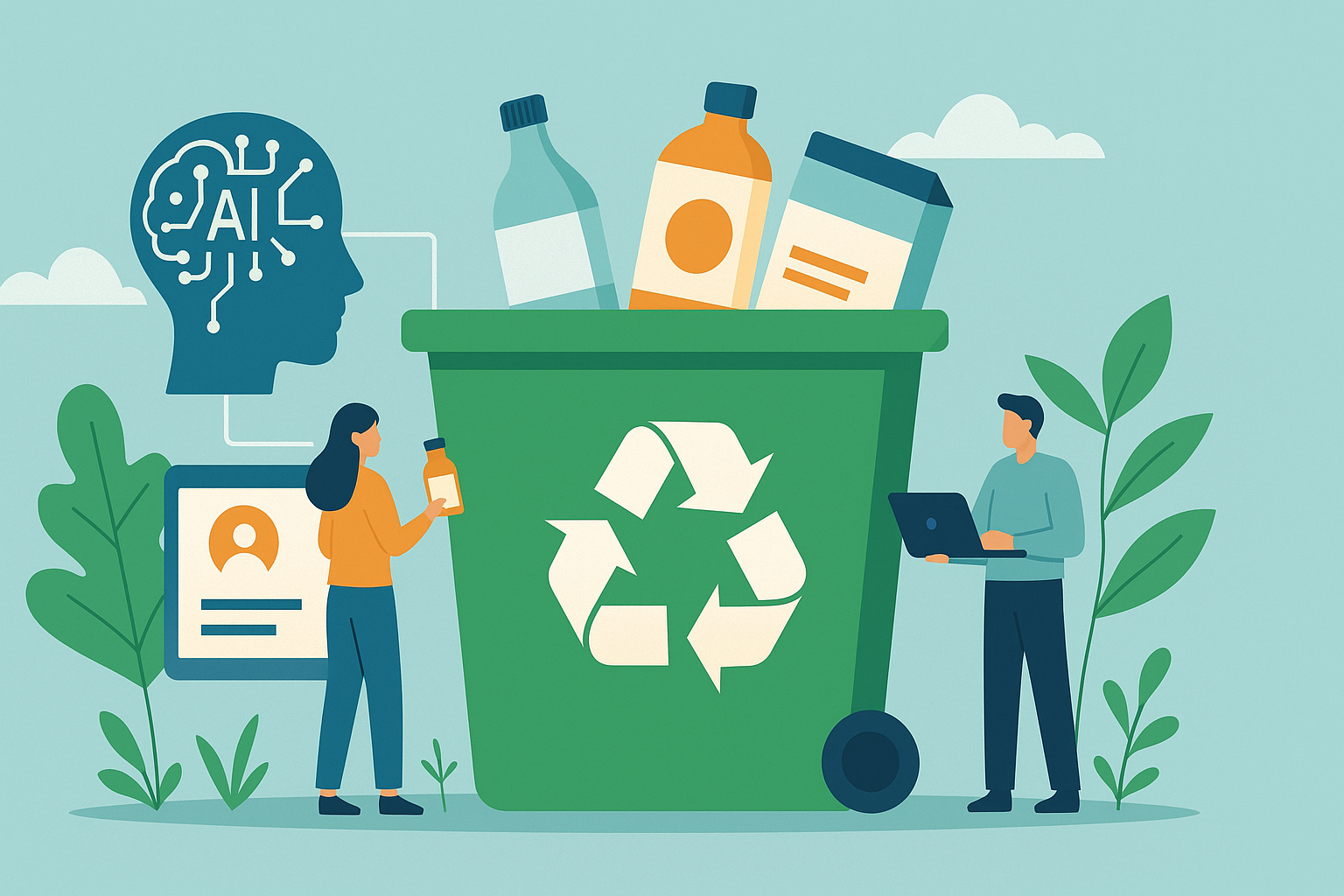
How AI Reduces Waste in Product Sampling and Boosts Sustainability
In today’s rapidly evolving consumer landscape, sustainability is no longer a buzzword — it’s a mandate. Brands across the FMCG (Fast-Moving Consumer Goods) sector are under increasing pressure to reduce environmental impact while maintaining effectiveness in their marketing campaigns. One area that has often been overlooked is product sampling. Traditional sampling methods can be wasteful, costly, and imprecise. Enter AI — a game-changer that not only improves the efficiency of sampling campaigns but also significantly reduces their environmental footprint.
AI technology is revolutionizing how brands approach product sampling, ensuring that every sample distributed has a higher likelihood of being used and appreciated by the recipient. This smarter, data-driven approach leads to less waste, higher conversion rates, and a more sustainable future.
Smarter Targeting Reduces Oversampling
Traditional sampling campaigns often rely on bulk distribution to as many consumers as possible, regardless of their interest or relevance to the product. This scattergun approach leads to unused samples, excessive packaging waste, and unnecessary carbon emissions from logistics.
With AI, brands can analyze vast data sets — including purchase history, lifestyle preferences, geographic location, and even social media behavior — to pinpoint exactly who is most likely to try, enjoy, and buy the product. This precision targeting reduces the number of unnecessary samples sent out and ensures a higher return on investment.
Personalization Drives Higher Engagement
AI’s ability to personalize recommendations extends to product sampling as well. By using machine learning algorithms, platforms like Samplify can tailor sample packs to align with a user’s preferences. For example, a vegan, fitness-conscious individual might receive plant-based protein bars or sustainable skincare, while a family with young children could be offered baby wipes or kid-friendly snacks.
This personalization not only boosts user satisfaction but also eliminates the waste associated with sending irrelevant products that are likely to be discarded.
Predictive Analytics for Inventory Planning
Overproduction is a major contributor to waste in product sampling campaigns. Brands often produce excess sample inventory to meet estimated demand, but unused stock frequently ends up in landfills or incinerators.
AI-powered predictive analytics helps brands better forecast demand by factoring in historical data, user behavior trends, seasonality, and even macroeconomic indicators. With more accurate predictions, brands can produce just the right amount of samples, minimizing surplus and reducing waste.
Sustainable Packaging Optimization
AI also plays a role in optimizing packaging. By analyzing consumer feedback and performance data, AI can identify which packaging formats are most effective and environmentally friendly. This could lead to innovations such as compostable mailers, minimalist sample pouches, or refillable containers.
Brands can iterate on packaging design more efficiently by simulating different options digitally and testing consumer responses in real-time, reducing the need for physical prototyping.
Real-Time Feedback to Minimize Future Waste
One of AI’s strongest assets is its ability to gather and analyze real-time feedback. After receiving a sample, users can interact with an AI system to share their opinions. This feedback loop helps brands determine not only what works, but also what doesn’t.
If a product consistently receives low ratings from a particular demographic, brands can adjust future targeting strategies, modify the product, or even discontinue it — preventing further waste down the line.
Conclusion
AI is not just a tool for marketing optimization — it’s a force for environmental good. By making product sampling more targeted, personalized, and data-driven, brands can dramatically reduce waste and enhance sustainability. In the era of conscious consumerism, this shift isn’t just smart — it’s essential.
For FMCG brands looking to future-proof their sampling campaigns, integrating AI is no longer optional. It’s the way forward — for the planet and for business.